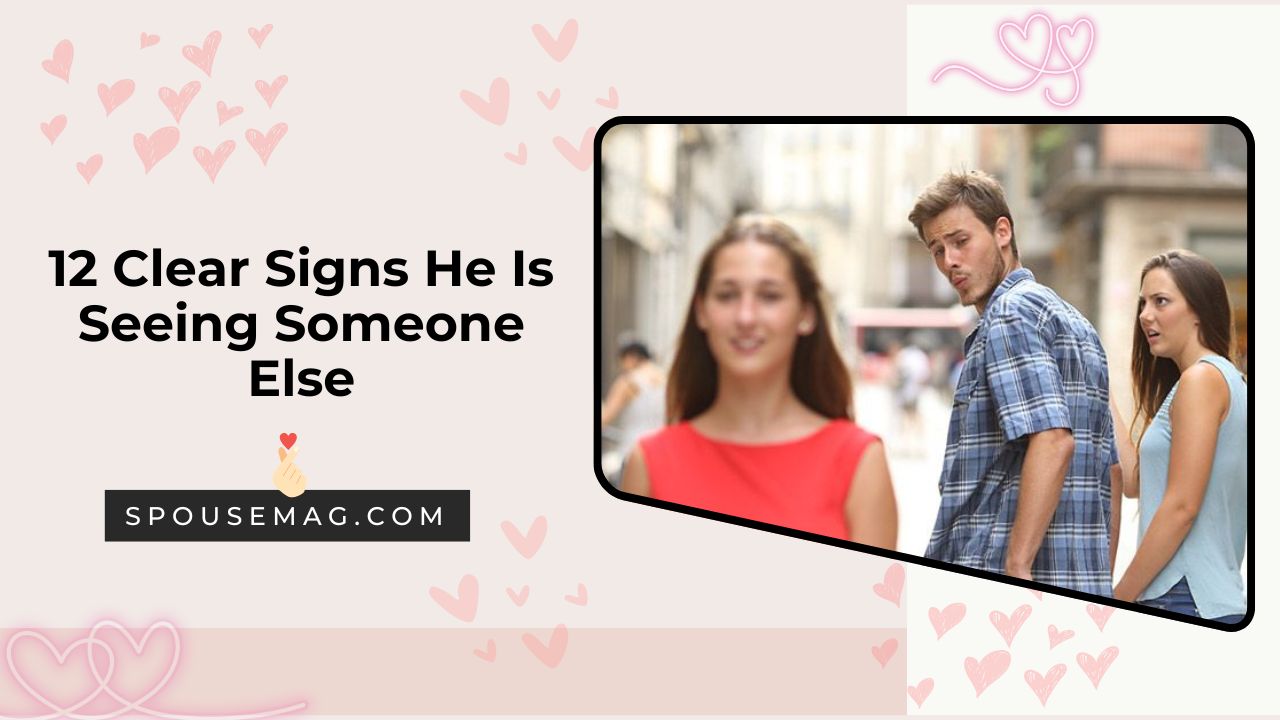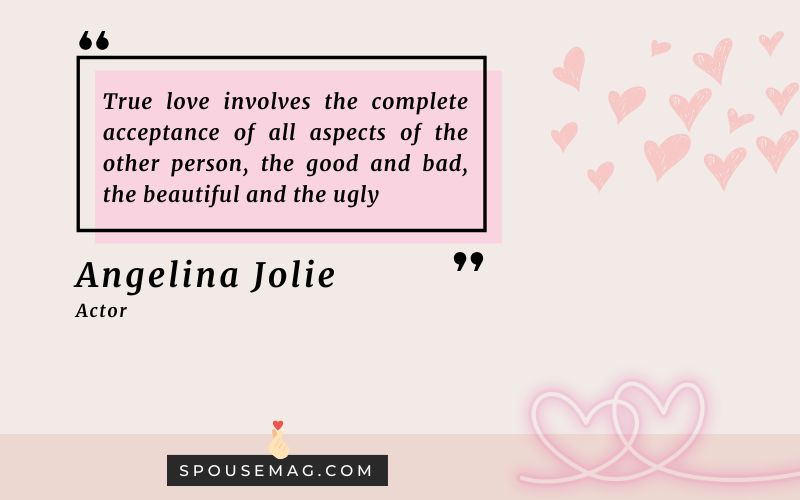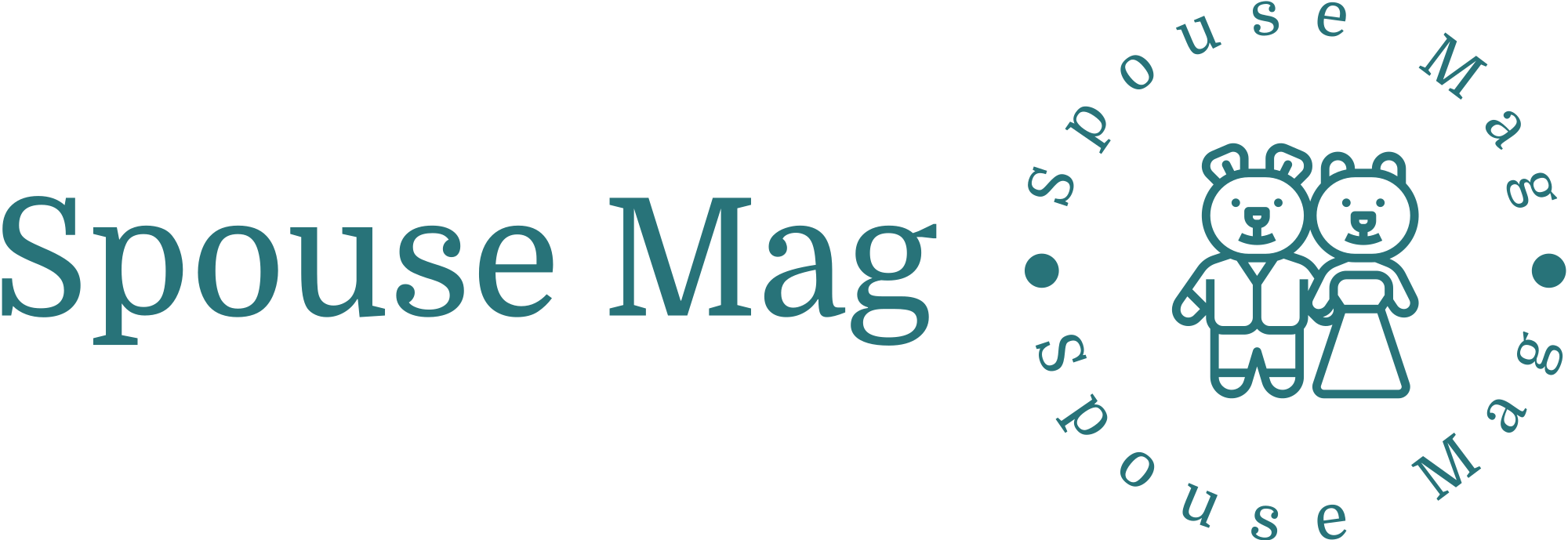
Ever noticed how your guy’s phone has suddenly become a secretive, password-protected device? Or how he’s developed a new habit of “working late” right when you’re free for dinner?
These are signs he is seeing someone else.
Look out for the mysteriously scented shirt that doesn’t smell like your perfume, and the sudden influx of “just friends” on his social media, hinting at new connections.
In a long-term relationship, just started dating, or simply looking out for a friend, it’s important to be aware of these signs.
Key Takeaways
- Significant drops in intimacy and communication, such as one-word replies and a lack of enthusiasm for shared activities, signal that he’s involved with someone else.
- Increased secrecy around his phone and online activities, like hiding notifications or being defensive about his late-night texting, is a red flag indicating he’s hiding something.
- A decline in physical affection and the use of unfamiliar scents or grooming products suggest he’s spending time with someone else. Pay attention to these subtle shifts.
Quiz: Which of the following could be a sign that he is seeing someone else?
10 Signs That He Is Seeing Someone Else
Changes in behavior, communication patterns, and habits are red flags that something isn’t quite right.
Trust your gut and have an open and honest conversation with him.
Let’s uncover the signs together to help you navigate your relationship with clarity and understanding.
1. Emotional Distance
Emotional distance is characterized by reduced intimacy, closed-off communication, lagging interest in shared activities, and increased criticism.
You hear responses like, “Busy day today, can’t talk much,” or simply get one-word replies that do not invite further conversation.
A friend of mine, Lisa, shared her experience. She noticed her boyfriend started replying to his messages hours later, whereas before, they would have ongoing conversations throughout the day. He says things like, “Sorry, didn’t see your message earlier,” which seems odd because he used to be more responsive.
He avoids discussing plans together or becomes non-committal about long-term goals, indicating uncertainty or detachment.
Example:
You: “I’m finally starting that painting class I’ve been talking about!”
Him: “Yeah, that sounds good. Maybe we can celebrate when you’re done.” (Doesn’t ask any details about the class or show genuine excitement)
Recognizing these signs of emotional distance provides valuable insights into your partner’s feelings and intentions.
If you notice consistent patterns of decreased communication, lack of emotional intimacy, and avoidance of deep conversations, it’s time to have an honest conversation about the state of your relationship.
“Communication works for those who work at it.” – John Powell
2. Changes in Routine
Remember those spontaneous weekend getaways you used to plan? Now, everything gets canceled at the eleventh hour.
You hear “Something just came up at work”
Fun Fact: A study by Stanford University found that people tend to be more honest about cancellations when they involve close friends and family. So, if his excuses sound insubstantial, it is a sign that he’s not being entirely truthful.
Suddenly, his calendar seems perpetually booked, but the details surrounding these commitments remain vague.
“meeting friends” or “errands to run,” is his response when you try to pin him down for a date night.
My grandma always used to say, “If someone wants to make time for you, they will.” This simple truth applies to relationships too. If your partner is genuinely overwhelmed, open communication is key.
3. Secretive Behavior
Suddenly, your partner treats his phone like a prized possession. He clutches it close like a lifeline, flips the screen away whenever you’re around, and hurries to hide notifications before you can catch a glimpse.
This shift towards hyper-secrecy is a major red flag!!!
If you casually ask about his mysterious late-night texting sessions or his guarded online activity, you meet with a vague brush-off like “It’s Nothing, Babe, Just Work Stuff!”
These excuses, while convenient, leave you feeling suspicious and unheard.
Address the shift in behavior directly and openly. Tell him how his secretiveness makes you feel, and encourage him to be more transparent about his activities.
“Secrecy is the thing that ruins trust.” – William Blake
4. Physical Signs
There is a noticeable decline in physical intimacy between the two of you. He seems less interested in affectionate gestures, and intimate moments and even avoids physical contact altogether.
His hugs feel brief and awkward. They lack the warmth and linger you used to share.
Kisses become quick pecks on the cheek or forehead. Those passionate, deep kisses seem like a distant memory.
Now, he frequently cites fatigue as a reason to avoid physical connection. “I’m so tired” is his go-to excuse when you try to initiate intimacy.
Another physical sign that your partner is seeing someone else is changes in their scent or grooming products. He starts using different colognes or perfumes, shampoo, or even laundry detergent that you haven’t seen before.
A colleague of mine noticed her husband started using a new cologne that she hadn’t bought for him. When she asked about it, he said a friend recommended it, but she couldn’t shake the feeling that it was for someone else.
Fun Fact: Smell is strongly linked to memory and emotional responses. Changes in scent preferences indicate exposure to new environments or influences.
A persistent drop in physical touch, with no underlying medical reason, deserves a closer look.
5. Decreased Interest in the Relationship
He seems distracted or unengaged when you try to talk about your day. He gives short, one-word responses.
Your accomplishments are met with an unenthusiastic “That’s nice.” It feels like there’s no genuine excitement or support for your goals and aspirations.
He no longer plans dates or special activities, and when you suggest spending time together, he is hesitant or non-committal.
He says things like, “I’m really busy lately,” or “Let’s see how my schedule looks.”
Everyone has off days, but a persistent lack of interest in your life and your relationship is a sign of trouble. If you’re feeling unsupported and unseen, talk to your partner openly and honestly.
6. New Social Circles
A friend once shared how her partner suddenly started attending weekend outings with a new group of friends from his gym. She later discovered he had formed a close bond with someone from that group, leading to emotional detachment from their relationship.
This highlights the potential link between a partner’s new social circle and a growing emotional distance within the relationship.
Another sign to watch is when your partner starts attending events solo or with newfound friends, excluding you from these gatherings.
He attends parties, dinners, or outings where you’re not invited, or he returns home late without providing specific details about his activities.
The key takeaway is to communicate openly with your partner. Express your desire to be included in his social life, and explore ways to spend time together with his new friends.

7. Financial Irregularities
Remember those open conversations about bills, shared financial goals, and transparency about spending? Now, his finances seem covered in secrecy, and unexplained debits raise red flags.
You see charges for things he wouldn’t normally buy or places he wouldn’t typically go. When you question him, he offers vague explanations like “a work expense I forgot to mention” or “a gift for a friend.”
Shared accounts have less money than usual, and he’s tight-lipped about where it’s going.
Some financial surprises are inevitable, but a consistent pattern of unexplained spending or a sudden shift towards secrecy about money is a red flag.
8. Increased Criticism
A healthy relationship thrives on mutual respect and appreciation. However, when compliments turn into constant criticism, it is deflating and confusing
- The criticism goes from playful teasing (“You goofball, you forgot the milk again!”) to focused attacks on your core (“Seriously, how can you be so forgetful?”). This shift suggests a change in his perception of you.
- He criticizes your minor flaws (“Those jeans aren’t flattering”) while overlooking or excusing similar behavior in himself. This inconsistency highlights a potential insecurity towards you.
- He couches criticism in backhanded compliments (“That outfit is…unique”). This passive-aggressive approach is a way to distance himself emotionally.
Increased criticism destroys your self-esteem and pushes you away from your partner. It also signals a shift in his priorities or unhappiness in the relationship.
While constructive criticism is helpful, a persistent pattern of negativity, especially if it’s new behavior, is worrisome
9. Less Openness
He becomes more reserved about his day-to-day activities, thoughts, and feelings, opting to keep more to himself than usual.
You: “Hey honey, how was your day?”
Him: “Fine.” (Looks away or continues scrolling on his phone)
Open communication is essential for maintaining emotional intimacy and connection in relationships.
Another indicator of decreased openness is an increase in privacy or secrecy about their personal life. Your partner may start guarding his phone, passwords, or social media accounts more closely. He might become defensive when you ask about their interactions with others or change his behavior when you’re nearby.
Privacy is important in relationships, but excessive secrecy can erode trust and intimacy.
If you observe consistent patterns of withdrawal from sharing, avoidance of meaningful conversations, and increased privacy without reasonable explanation, discuss your concerns openly and seek clarity about your relationship’s future.
10. Gut Feeling
We’ve all been there. That nagging feeling that something’s off in your relationship. You can’t quite put your finger on it, but your intuition is sending up red flags.
This is your gut feeling, and while it doesn’t guarantee infidelity, it shouldn’t be ignored.
Intuition is linked to emotional intelligence, the ability to recognize and understand emotions in yourself and others. Your gut feeling might be picking up on unspoken tension or a shift in your partner’s emotional state
There are many reasons your gut is on high alert.
- A Shift in the Relationship: The spark has dimmed, communication feels strained, and there’s a general sense of disconnection.
- Unexplained Changes in Behavior: Has your partner become more secretive, and withdrawn, or have their spending habits shifted? These changes trigger your gut feeling to investigate further.
- Emotional Distance: Do you feel less connected to your partner? Is there a lack of intimacy or emotional closeness? Your gut is picking up on a growing emotional gap.
I once ignored a persistent gut feeling that something was off in my relationship. Despite everything seeming fine on the surface, I couldn’t shake the sense of unease. It wasn’t until later that I discovered my partner had been seeing someone else.
Another aspect of a gut feeling is unexplainable anxiety or discomfort when you’re around your partner. You feel a sense of dread or worry that wasn’t there before.
Your partner might dismiss your feelings, saying, “You’re just stressed,” or “Everything is fine; you’re worrying for nothing.”
If you consistently feel uneasy, anxious, or suspicious without a clear reason, it’s important to acknowledge these feelings and explore them further.
What to Do If You Notice These Signs?
If you notice these signs, it’s essential to approach the situation with care and thoughtfulness. Here are some steps you can take
1. Breathe and Reflect
It’s important to approach the situation with a clear head. Take some time to process your emotions and gather your thoughts. Are these isolated incidents, or a consistent pattern?
2. Have an Open Conversation
Communication is key in any relationship. If you notice concerning signs, it’s important to have an open and honest conversation with your partner.
Approach the discussion calmly and respectfully, focusing on your feelings rather than accusations.
Start with, “I’ve noticed some changes in our relationship and I feel concerned. Can we talk about it?”
3. Seek Clarification
During your conversation, ask for clarification about specific behaviors that have raised your suspicions. Be direct but non-confrontational.
Say, “I’ve noticed you’ve been more secretive with your phone lately. Is there a reason for that?” This allows your partner to explain their actions and potentially alleviate your concerns.
4. Take Care of Yourself
Amidst the uncertainty, it’s crucial to take care of your emotional and mental well-being. Surround yourself with supportive friends and family, engage in activities that bring you joy, and practice self-care.
5. Decide on the Next Steps
After gathering information and reflecting on your feelings, decide on the next steps for your relationship.
Set boundaries, seek further clarification, or even make the difficult decision to end the relationship if trust cannot be restored.
Trust your instincts and make the decision that is best for your well-being and happiness.
Conclusion
Relationships are complex and ever-evolving. The signs we explored are potential indicators of a partner seeing someone else.
Trust your gut, but also communicate openly and honestly with your partner. Schedule some quality time to talk, free from distractions, and focus on expressing your feelings and concerns in a clear and non-accusatory way.
If trust is eroded and cannot be restored, making the difficult decision to move on is necessary for your growth and peace of mind.
Remember, you deserve a relationship built on trust, openness, and mutual respect.

As a married wife, founder, and editor of SpouseMag.com – these guides are based on my own personal experiences, observations, research and insights. I am transparent about being inspired by the life and work of the two greatest experts in the relationship space – Dr. John and Julia Gottman, and Harville and Helen. They two are some of the strongest couples, researchers, authors, and counselors when it comes to marriage and relationships. My advice and guides are based on my insights and research, and they are not an alternative to professional advice.
